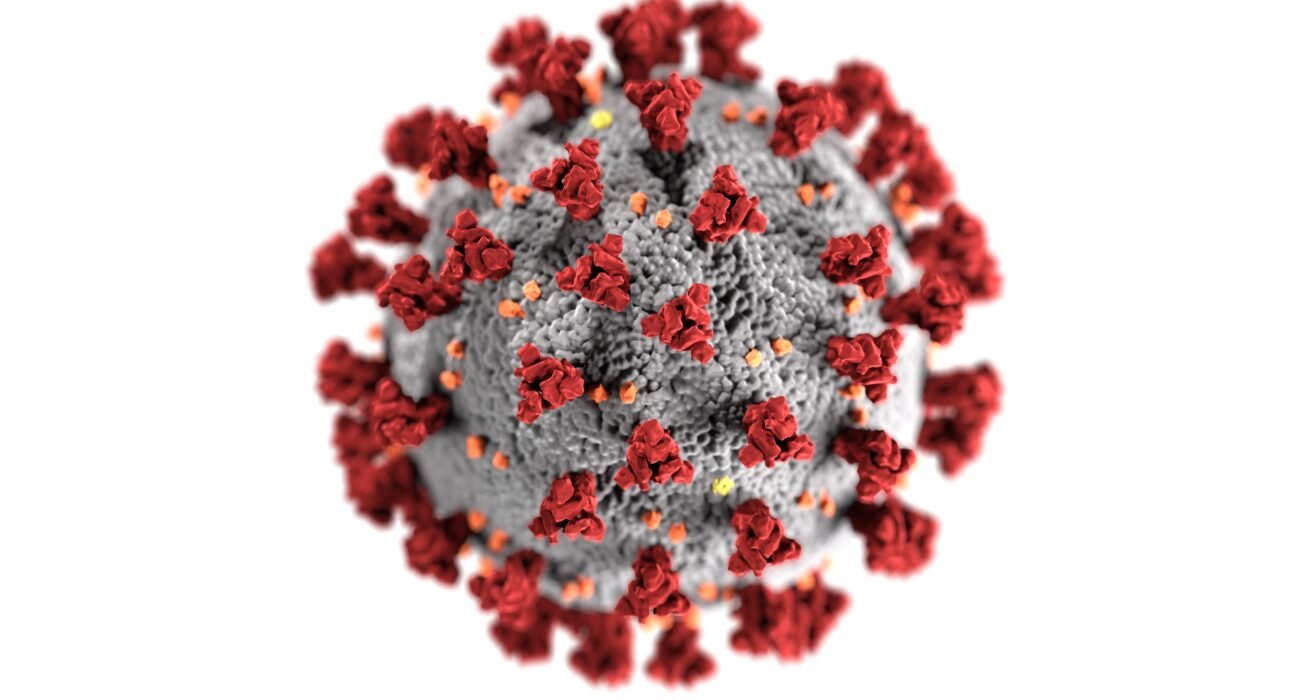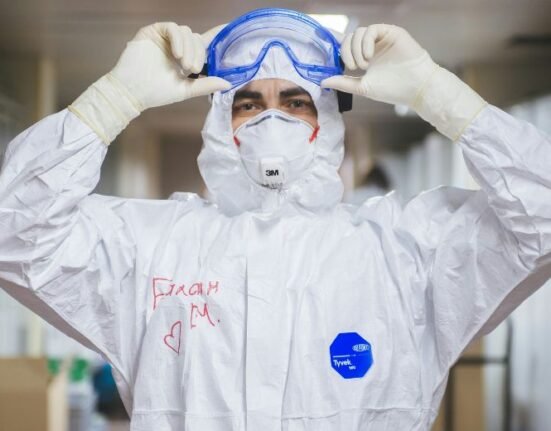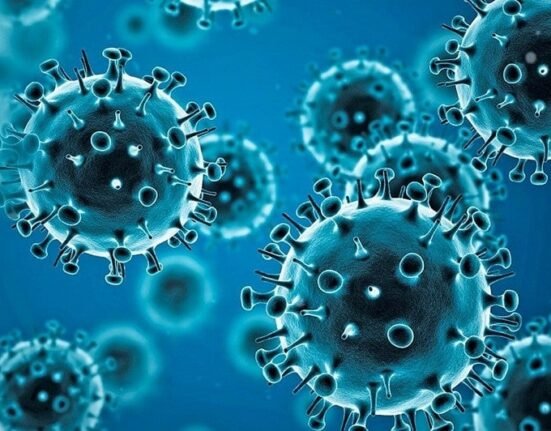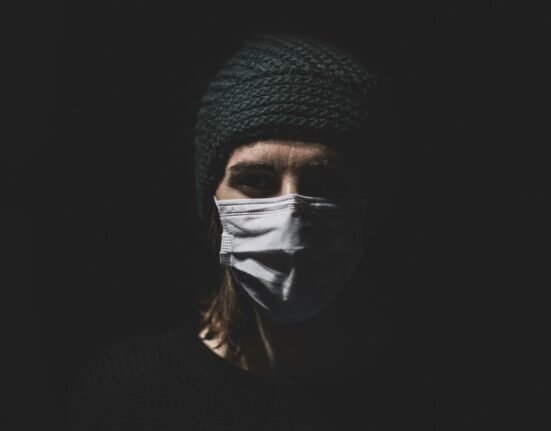HQ Team
October 29, 2022: The new Covid-19 subvariants spreading all over the world may prove to be more contagious and deadly than the previous strains, fear experts.
The previous year has seen the surge in infections die down or become less severe, requiring no hospitalization. But the new BA.5 subvariants could give give rise to 2020 and 2021 all over again.
The big advantage that the current situation has is easy access to safe and effective vaccines. And yes, the vaccines seem to work still, even against the new subvariants.
A new study from The Ohio State University led by Shan-Lu Liu, co-director of HSU’s Viruses and Emerging Pathogens Program, modeled new SARS-CoV-2 subvariants, including BQ.1 and its close cousin, BQ 1.1.
BQ.1 has further mutated into BQ1.1, which is highly immune-evasive. The two new combinations have arisen from the parent variant BA.5. BQ.1 was first named by scientists in early September based on sequences spotted across the U.S. and several other countries.
“When you get variants like that, you look at what their rate of increase is as a relative proportion of the variants, and this has a pretty troublesome doubling time,” Dr. Anthony Fauci, the nation’s top infectious disease expert and the president’s chief medical adviser, told CBS News.
And the same mutations that make them so transmissible also make them immune to the antibodies produced by monoclonal therapies.
Liu and his team also checked the subvariants’ “fusogenicity.” That is, how well they fuse to our own cells. “Fusion between viral and cellular membrane is an important step of viral entry,” Liu told The Daily Beast.
Liu and his colleagues wrote in their study that they “observed increased cell-cell fusion in several new Omicron subvariants compared to their respective parental subvariants. ” In general, the greater the fusogenicity, the more severe the disease.
Covid trajectory
What health experts fear is that the severity and high transmissibility of the disease will see a reverse trend in the trajectory of Covid infection. As the disease has progressed in the last four years, it has mutated. Though it has become highly contagious, the associated death and hospitalization have decreased due to the weakening of the pathogen and the available vaccines and medicines.
This is called a “decoupling” of infections and deaths by scientists. But they fear that if BQ.1 or another highly fusogenic subvariant re-couples infections and deaths, then the world could face another catastrophe..“More hospitalizations and deaths,” is how Ali Mokdad, a professor of health metrics sciences at the University of Washington Institute for Health who was not involved in the OSU study, summed it up to an online news magazine
BQ.1 spread in Europe and Asia
BQ.1 variants have already outpaced many rival strains in European nations from England to Germany, which have already seen renewed waves begin.
Germany, in October, registered as many as 175,000 new cases a day—matching the peak of the previous wave back in July. But 160 Germans died every day on average in the worst week of the current surge, whereas just 125 died per day in the worst week of the summer surge. “We could see the same patterns in other European countries… and in the U.S.,” Mokdad said. The same variant led to an upsurge of infections in Singapore in September and October. Some other countries like India and Thailand have reported the arrival of the variant.
As long as the new subvariants of the BA family remain closely related to the Omicron family, they will not be able to significantly escape the immune effects of the leading vaccines and boosters.
So do get vaccinated and stay current on your boosters.
The study is still under peer review at New England Journal of Medicine.








